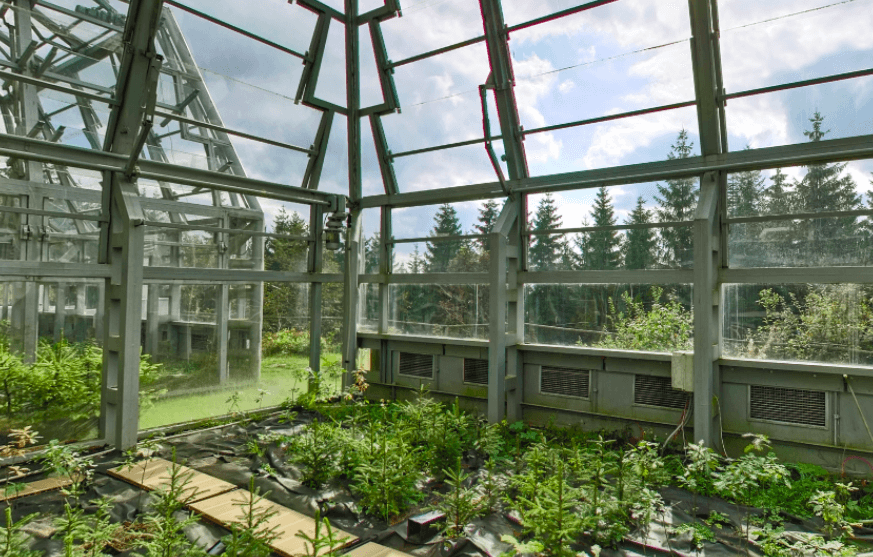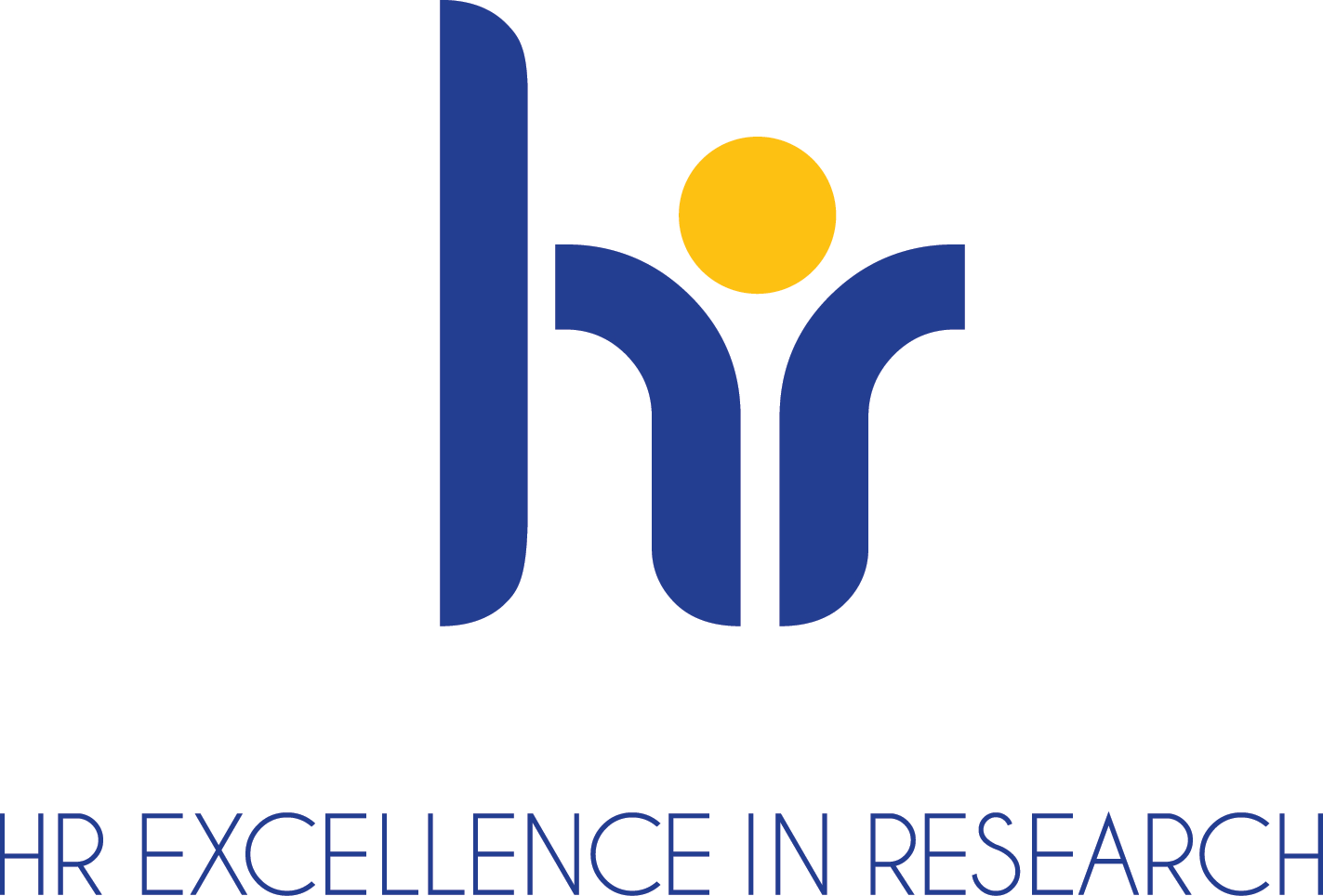Provider: HORIZON EUROPE
Another participant in the project: Ústav výzkumu globální změny AV ČR, v. v. i.
Keywords: research infrastructure services, transnational access, marine freshwater ecosystems biodiversity, pollution, sustainable carbon neutral circular blue economy, data, open science, Mission Ocean
Annotation of project:
AQUARIUS will provide a highly comprehensive suite of integrated research infrastructures appropriate to addressing significant
challenges for the long-term sustainability of our unique oceans, seas and freshwater ecosystems. For the first time, diverse research
infrastructures will be combined to facilitate the work of researchers and key stakeholders focused on challenges and opportunities
for both marine and freshwater systems. An impressive range of 57 research infrastructure services will be made available to include
research vessels, mobile marine observation platforms, aircraft, drones, satellite, sensors, fixed freshwater and marine observatories
and test sites, experimental facilities, and sophisticated data infrastructures. AQUARIUS will support the development phase of the EU
Mission to Restore our Ocean and waters by 2030, the Sustainable Blue Economy Partnership, the European Green Deal, and
international climate initiatives. It will also be an essential component in achieving the European Digital Twin of the Ocean and the
UN Decade for Ocean Sciences. The needs of researchers will be met through a robust and transparent system of transnational access
funding Calls, facilitated by centralised user-friendly access portal. The Call programme will be informed through stakeholder
engagement and brokerage events. Projects to be selected for Access must convincingly integrate multiple infrastructures and
contribute to the core policy objectives of Mission Ocean, that is, to protect and restore marine and freshwater ecosystems and
biodiversity; to prevent and eliminate pollution of our oceans, seas and waters; and to ensure a sustainable, carbon-neutral and
circular blue economy. A thematic and geographic focus will be the hallmark of the proposed transnational Calls, aligning with the
Lighthouse Regions, that is, the Baltic and the North Sea Basins, Black Sea, Atlantic/Arctic, and Mediterranean Sea along with their
associated rivers.




